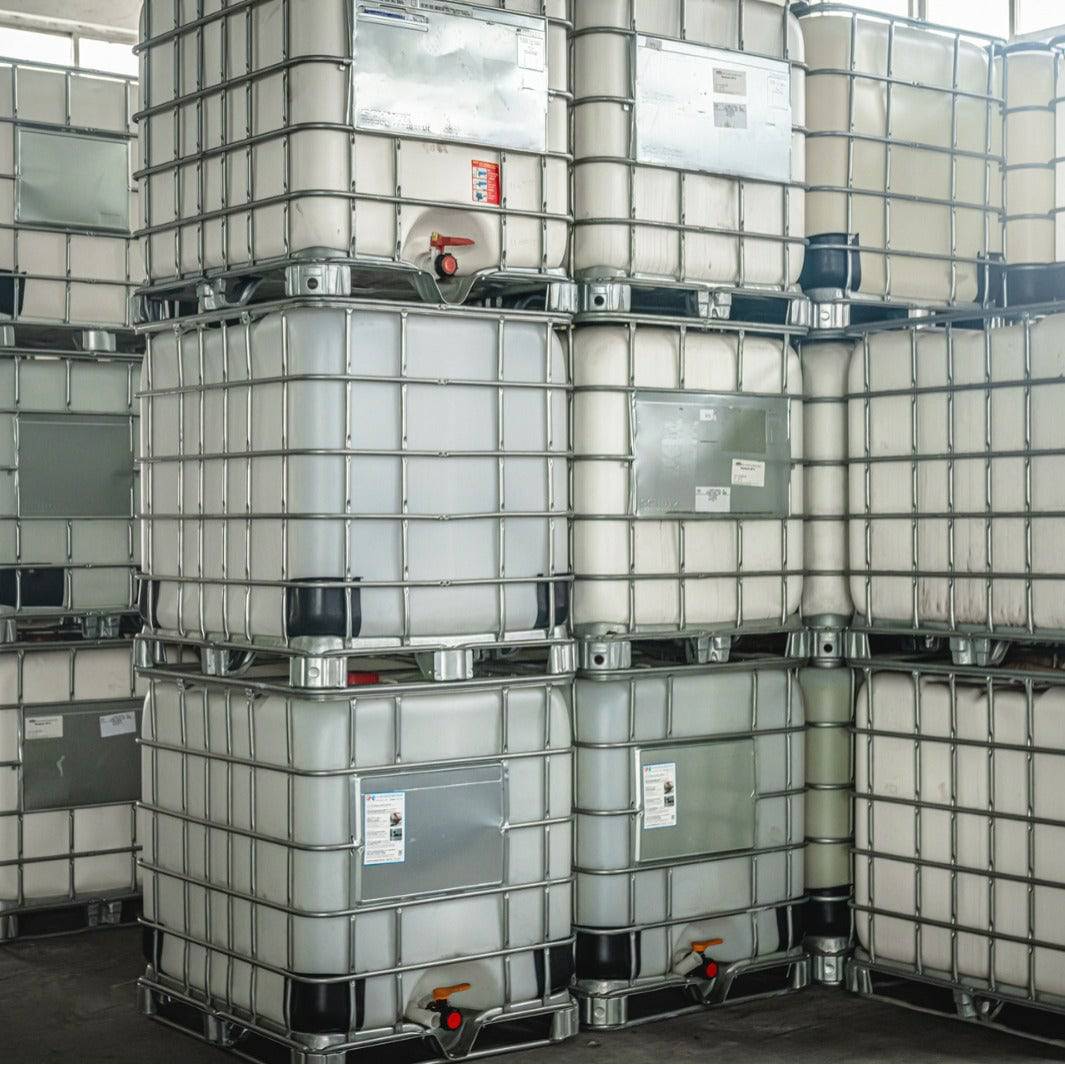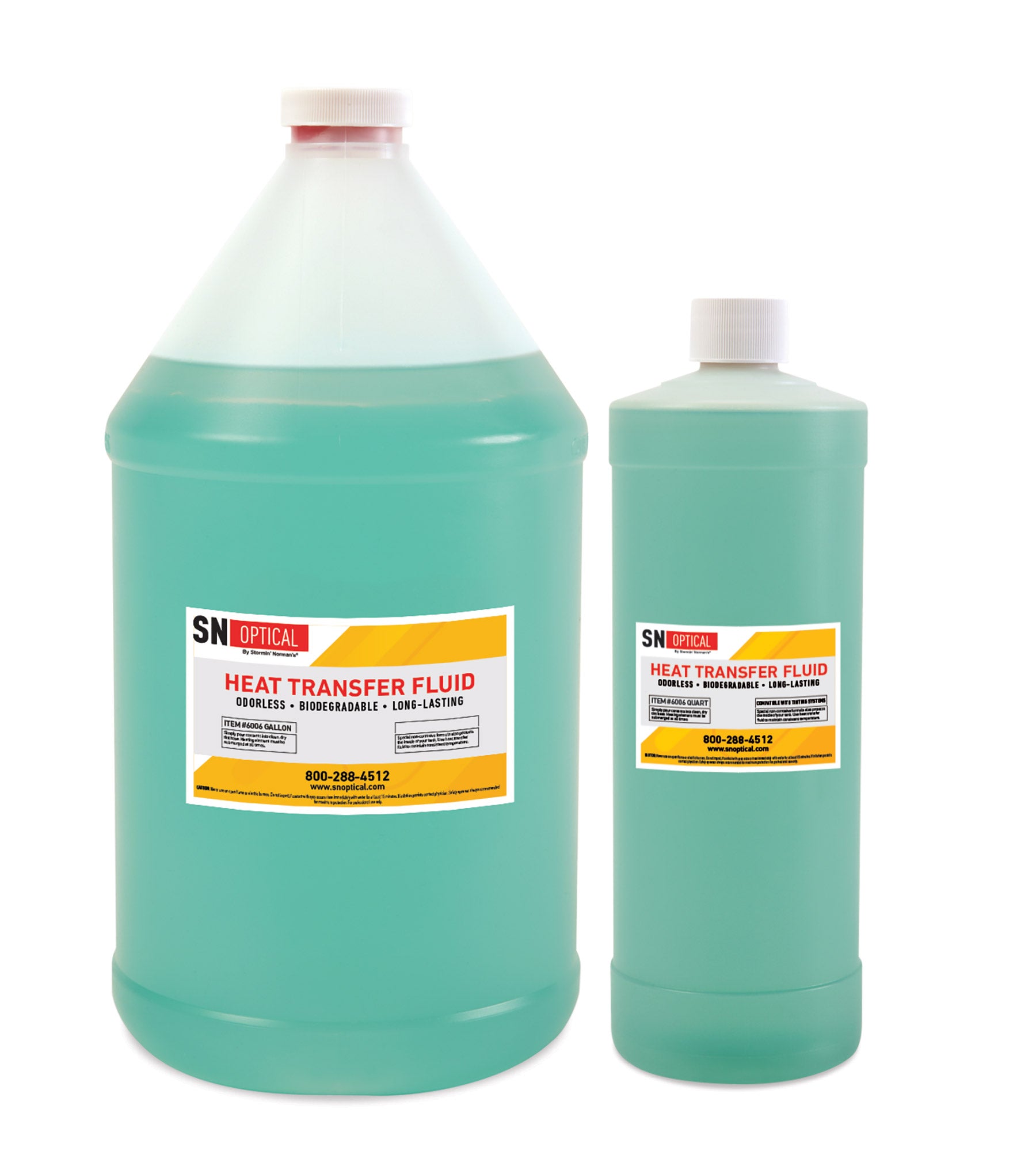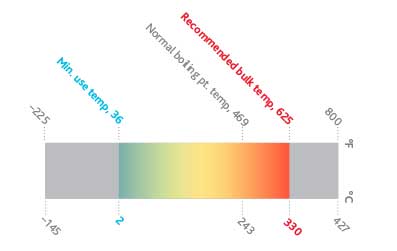Exactly How Warm Transfer Fluid Adds To Lasting and Economical Workflow
In the modern-day industrial landscape, the role of warm transfer liquids (HTFs) in advertising lasting and inexpensive operations can not be overstated. These liquids are crucial in optimizing thermal management systems, consequently dramatically enhancing energy effectiveness and lowering functional prices. heat transfer fluid. The environmental advantages of innovative HTFs, with their high thermal security and reduced poisoning, are obvious.
Understanding Warm Transfer Liquids
In the world of thermal monitoring, warm transfer fluids (HTFs) serve as important representatives for moving thermal energy from one area to one more. These fluids play a critical role in numerous commercial applications, including chemical handling, power generation, and A/c systems.
The make-up of warm transfer fluids can differ dramatically, consisting of choices such as mineral oils, artificial oils, glycols, and molten salts. Each type uses distinct benefits, such as enhanced thermal stability, low viscosity, and high boiling factors, which are chosen based upon particular functional demands. The selection of HTF impacts not just the effectiveness of warmth transfer however additionally the longevity and safety and security of the system in which it is employed.
As industries remain to introduce, the advancement of innovative HTFs, characterized by their improved thermal conductivity and reduced ecological influence, is essential for satisfying the needs of modern-day thermal monitoring difficulties.

Enhancing Power Efficiency

Improving power performance has become a critical worry throughout different industries, motivating a better assessment of warm transfer liquids' duty in maximizing thermal monitoring systems. These fluids are integral to maintaining the wanted temperature level in procedures, therefore minimizing energy waste and enhancing total system performance. By picking a proper warm transfer fluid, sectors can significantly boost their power performance, causing decreased energy consumption.

Advanced formulas of warmth transfer fluids have actually been developed to stand up to severe temperatures while keeping stability and effectiveness. Boosting power efficiency with optimum warm transfer liquid option is not only a technical need but also an environmental crucial.
Lowering Operational Expenses
Functional prices are a significant factor to consider for markets looking for to maintain competitive advantage, and the option of warm transfer fluid plays a vital duty in cost monitoring. Choosing an appropriate heat transfer fluid can cause substantial cost savings by improving system performance and reducing energy consumption. High-performance fluids minimize thermal degradation, which in turn lowers the regularity of fluid replacement and downtime connected with maintenance, thereby lowering operational expenses.
Additionally, warm transfer fluids with exceptional thermal stability and corrosion resistance expand the life-span of devices. This lowers the requirement for regular repair work and replacements, which can be costly and turbulent to procedures. By buying high-quality liquids, sectors can special info accomplish long-term decreases in upkeep prices and improve the reliability of their systems.
Furthermore, advanced warmth transfer liquids typically display lower viscosity at running temperatures, which boosts pump effectiveness and decreases power usage in liquid blood circulation. Numerous modern-day heat transfer fluids are crafted to run properly over a wide temperature level variety, lowering the need for several fluid types, thereby streamlining supply needs and minimizing connected costs.
Ecological Effect Reduction
The push in the direction of lowering environmental effect has gained momentum in markets leveraging warmth transfer liquids. Warmth transfer liquids (HTFs) play a vital role in this shift, using possibilities to boost energy efficiency and minimize exhausts - heat transfer fluid.
Additionally, the usage of innovative warm transfer fluids adds to improved system effectiveness, decreasing the overall energy usage. This reduction not only results in price savings however likewise lowers carbon dioxide discharges, assisting in the battle against climate change. Fluids that are naturally degradable and recyclable additionally enhance sustainability efforts, as they decrease waste and promote round economy practices.
Additionally, incorporating HTFs into closed-loop systems avoids click resources fluid loss and contamination of the surrounding atmosphere. This approach makes sure that liquids are recycled, reducing the demand for brand-new sources and limiting waste generation. By embracing these ecologically conscious strategies, industries can dramatically reduce their ecological effect while keeping high operational effectiveness, lining up with global sustainability objectives and governing needs.
Selecting the Right HTF
Selecting the appropriate warm transfer fluid (HTF) is a vital sites action in advancing environmental sustainability within industrial procedures - heat transfer fluid. An optimal HTF ought to have a high thermal capability, reduced viscosity, and high thermal conductivity to ensure effective warmth transfer.
This guarantees longevity and lowers upkeep expenses. The fluid ought to be safe and eco-friendly, decreasing its eco-friendly impact and making sure compliance with ecological guidelines.
Final Thought
